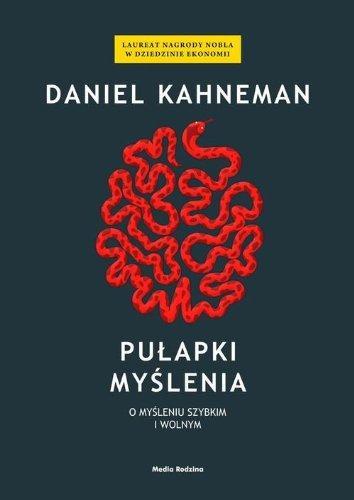MatteoB ha recensito Pensieri lenti e veloci di Daniel Kahneman
Perché non leggerlo?
3 stelle
Opera oramai da ritenersi classica; svela i meccanismi del pensiero critico, mostrando come le nostre decisioni siano influenzate da due sistemi cognitivi distinti. Questo volume è utile per comprendere come pregiudizi ed euristiche possano distorcere il nostro giudizio, offrendo al contempo strumenti per affinare il pensiero razionale. Un'opera con cui confrontarsi se si desidera sviluppare un pensiero più critico e consapevole, accettando di mettere in discussione i valori a cui ci affidiamo per navigare nel tumultuoso mondo attuale.
Opera oramai da ritenersi classica; svela i meccanismi del pensiero critico, mostrando come le nostre decisioni siano influenzate da due sistemi cognitivi distinti. Questo volume è utile per comprendere come pregiudizi ed euristiche possano distorcere il nostro giudizio, offrendo al contempo strumenti per affinare il pensiero razionale. Un'opera con cui confrontarsi se si desidera sviluppare un pensiero più critico e consapevole, accettando di mettere in discussione i valori a cui ci affidiamo per navigare nel tumultuoso mondo attuale.



